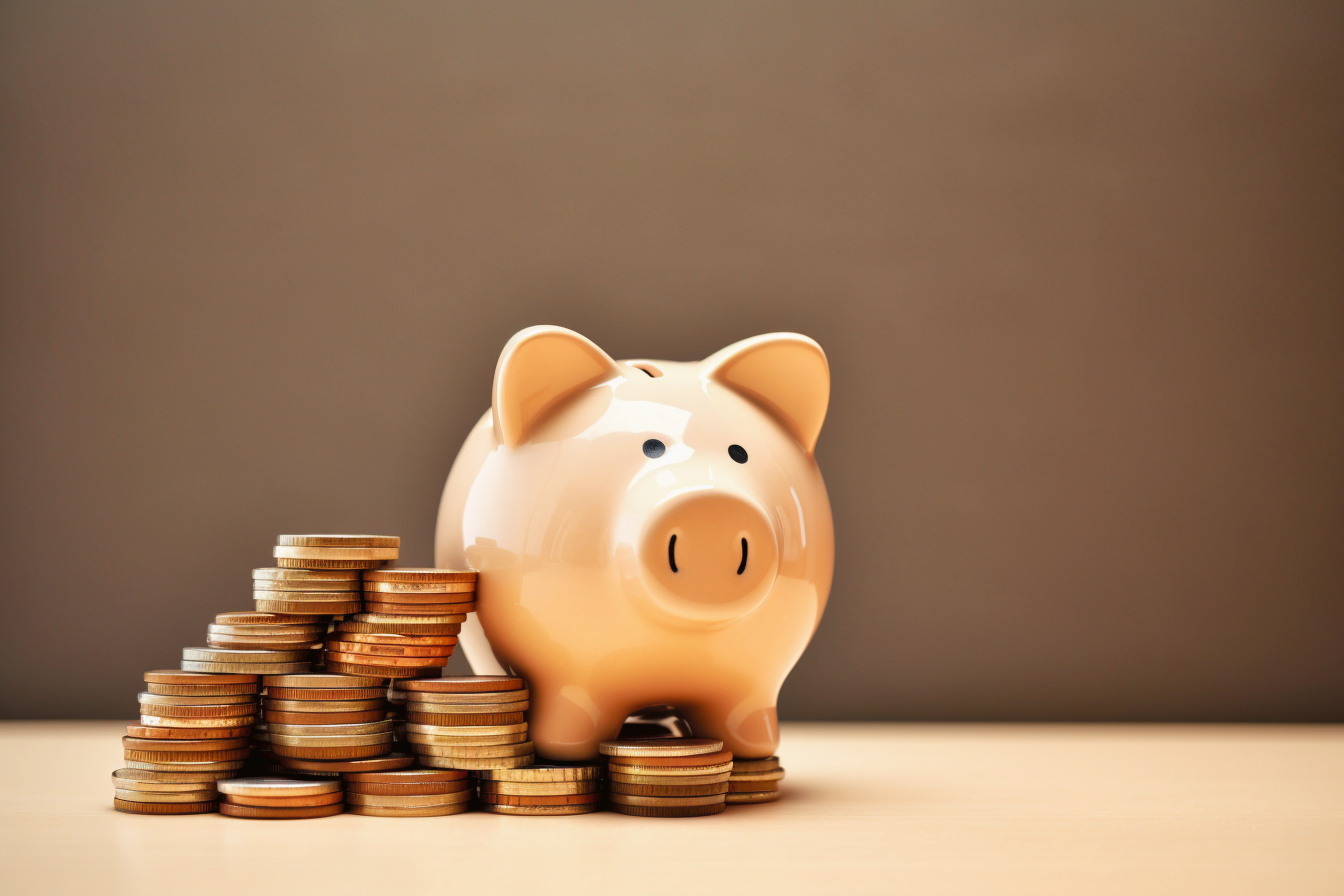Living frugally doesn’t mean giving up what you want; it means making smart choices and maximizing your money. You prioritize your needs over your desires and focus on long-term rewards instead of short-term pleasures. Many people think frugality means saving money or sacrificing comfort, but it’s actually about using your money wisely and creatively. Once you realize that saving money is just as important as making it, frugal living is a wonderful way to maintain your financial stability.
Benefits of Frugality
Besides saving money, frugal living has many other benefits. It can give you a sense of financial freedom and reduce the stress that comes with overspending or getting into debt. Being frugal allows you to spend money on what truly matters, such as vacations, education, or saving for retirement. Moreover, frugal living prevents you from running into financial trouble when faced with unexpected circumstances. Frugality is also beneficial for your health and lifestyle, as it often encourages you to cook at home, live simply, and avoid buying things you don’t need.
Develop the Right Mindset
To live frugally, you need to change your mindset. Stop dwelling on what you’re giving up and start thinking about what you’re gaining. This means more security, flexibility, and the ability to use your money to achieve important goals. To develop the right mindset, you need to be honest about how you currently spend and be willing to make small but consistent adjustments. As you begin to experience the benefits of frugality, such as lower bills or increased savings, a frugal lifestyle will become more enjoyable and sustainable.
Budgeting as a Foundation
Budgeting is one of the most important ways to live frugally. Without a good budget, it’s easy to lose track of where your money is going. Creating a budget can help you identify areas where you don’t need to spend and where you can save without feeling like you’re missing out. It also ensures you’re setting aside enough to save, pay off debt, and cover your basic needs. Budgeting doesn’t have to be complicated. Even a simple plan that tracks your income and expenses can help you save money and live more frugally.
Good Shopping Habits
Your shopping habits often reveal how frugal you are. Smart shopping strategies, such as comparing prices, using coupons, waiting for sales, and buying in bulk whenever possible, can save you a lot of money. Another important rule is to prioritize quality over quantity. Sustainable products may be more expensive initially, but they will save you money in the long run. It’s also important to understand marketing tactics and avoid impulse buys. These simple adjustments to your shopping habits can add up and not affect your quality of life.
Cook at Home to Reduce Food Waste
Food costs represent a significant portion of most people’s budgets, and frugal living can significantly contribute to this. Cooking at home not only saves money but is also better for your health. By planning meals, buying seasonal fruits and vegetables, and cooking large meals at once, you can save significantly. Reducing food waste is another crucial step. You can keep food out of the trash by reusing leftovers, storing meals properly, and paying attention to expiration dates.
Save on Utilities and Energy Bills
Being frugal also means being mindful of your water usage. You can save money by, for example, turning off lights when not in use, unplugging electronics, and purchasing energy-efficient appliances. Fixing leaks and using water-saving appliances can also help save money. Over time, these habits not only save money but also contribute to the environment by encouraging a more sustainable lifestyle.
Embrace Minimalism
Minimalism helps you prioritize quality over quantity, which goes hand in hand with a budget-friendly lifestyle. It prioritizes experiences and things that matter to you over possessions. By getting rid of unnecessary items and avoiding unnecessary purchases, you can create a cleaner, more organized home and reduce stress. Minimalism also helps you spend wisely because you only buy things that have a purpose or truly bring you joy.
DIY and Resourcefulness
Learning how to do things yourself, instead of hiring someone else, can save you a lot of money. Being resourceful can help you save money on things like small home repairs, basic car maintenance, and making simple household products. The internet has a library of almost every skill you could possibly need, making DIY easier than ever. Learning these skills saves money and makes you feel better about yourself and more independent.
Long-Term Financial Planning
Being frugal isn’t just about saving money every day; it’s also about preparing for the future. Long-term financial planning ensures that the money you save now will serve you well in the future. This means putting money into your retirement account, making wise investments, and building an emergency reserve. This plan should also include avoiding debt and paying off existing bills. If you consistently save, you’ll build a financial buffer that will give you security and independence for years to come.
Conclusion
Frugal living, simply put, means making conscious choices that allow you to save more money every day while still living a fulfilling life. This doesn’t mean less joy, but rather getting more out of what you already have. You can transform your finances and reduce stress by being frugal, budgeting, shopping smart, cooking at home, conserving resources, and setting long-term goals. The beauty of frugality is that it grows over time, transforming small daily savings into a lifestyle that brings you financial freedom and peace of mind.
FAQs
1. What is frugality? What is frugality?
Frugality means making smart choices with your money to get the most out of it. On the other hand, frugality often means sacrificing the quality of your life or your health to save money.
2. Can you still enjoy life while living frugally?
Yes, frugal living doesn’t mean giving up; it means prioritizing what’s most important. You can still have fun and do the things you want to do, but without overspending.
3. If I’ve never been frugal, how can I get started?
Start small: track your spending, set a budget, and make small changes, like cooking at home or canceling unnecessary subscriptions.
4. Does frugal living mean I can’t buy anything new?
Not necessarily. It means shopping with purpose, prioritizing quality, and avoiding waste or impulsive spending.
5. Can families live frugally?
Yes, frugal living is beneficial for families because it teaches children about financial management, reduces household stress, and allows families to have more fun together.



